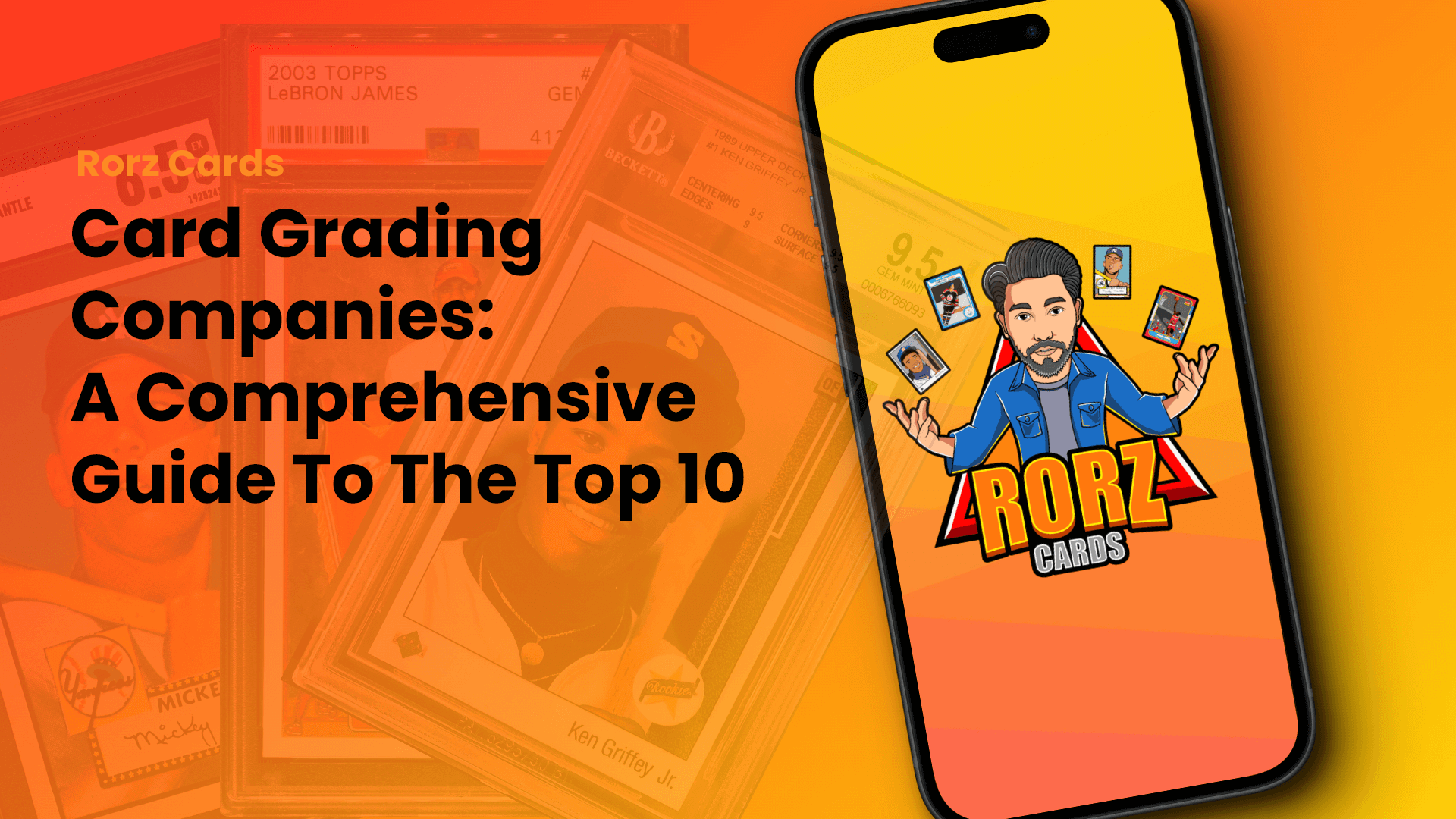
You have many card grading companies to consider when getting your sports cards graded. Each has their unique pros and cons, but amongst the dozen or so legitimate card grading services out there, the field is really dominated by the Big Four.
To put this in perspective, consider this breakdown of cards graded by each card grading company for a single day. (Kudos to GEMRATE for tracking and maintaining this data.) It’s clear from the data that PSA just absolutely dominates the sports card grading industry with more than double the combined sum of the following 3 card grading companies. The merger of CGC non-sports and CSG sports grading into CGC Cards has created the 2nd largest grading company, followed by SGC then BGS.
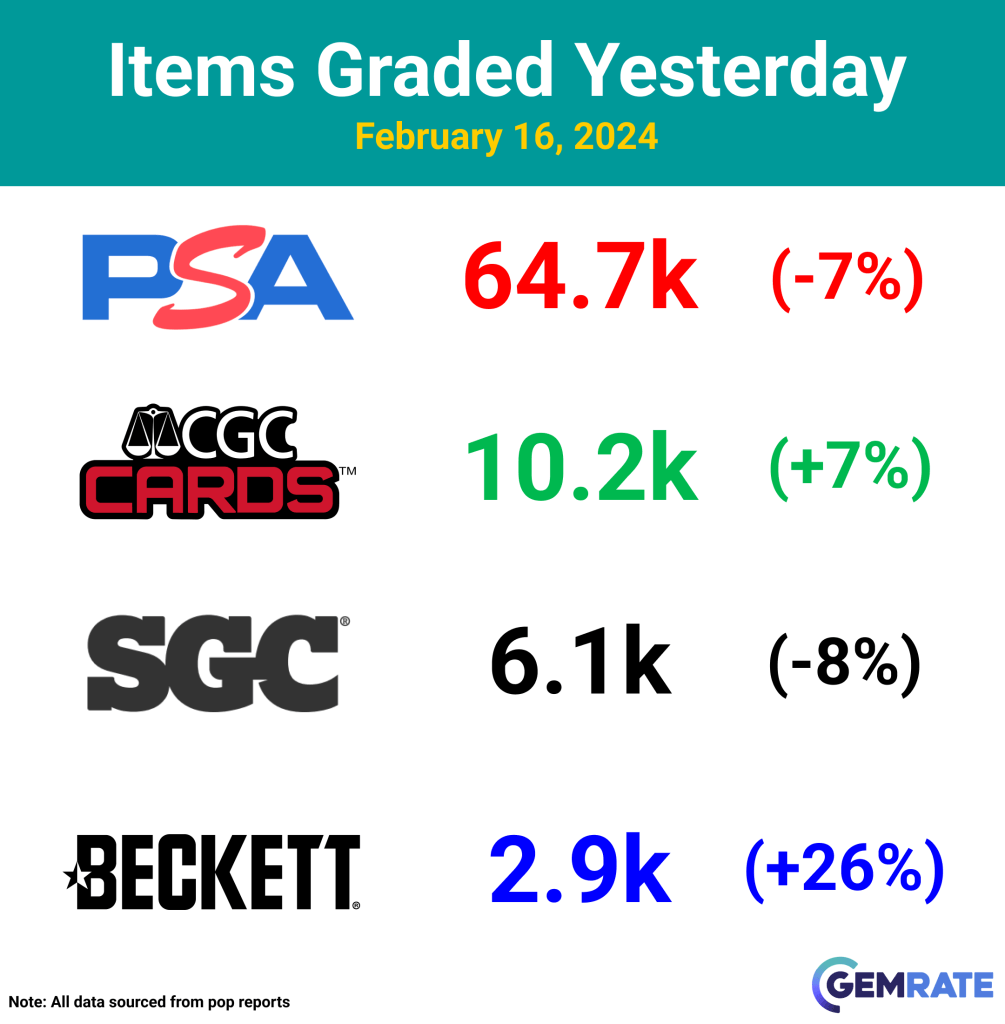
In this deep dive, we’ll cover PSA, BGS, CGC (which includes CSG), SGC and HGA, and will mention briefly some of the up-and-coming card grading companies like KSA, TAG Grading, Rare Edition and others.
Let’s get to it! First off, PSA.
PSA (Professional Sports Authenticator)
PSA has become the de facto standard in sports trading card grading. Its signature red and white slabs are a common sight among high-value cards and its reputation for grading accuracy and the prestige associated with high-grade PSA cards makes PSA the go-to sports card grading service for serious collectors and sports card investors. www.psacard.com
Pros
- Top-of-the-market value for equivalently graded sports cards – PSA 10’s are highly coveted
- Slick end-to-end card submission process (including new “grade reveal” animations)
Cons
- Slow turnaround times. Can be cases where they value your card higher than you stated, resulting in you having to pay higher grading fees.
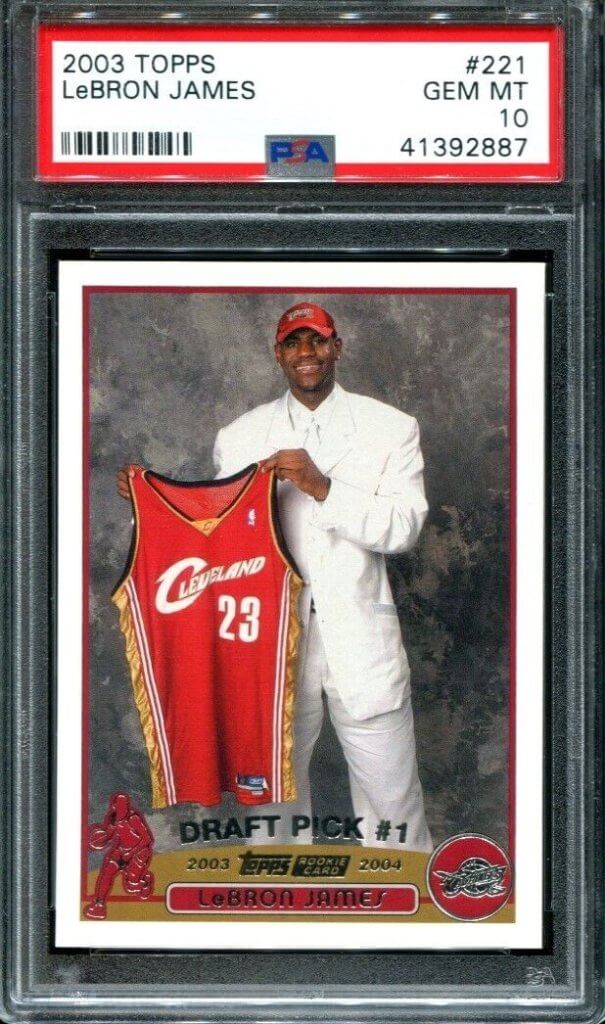
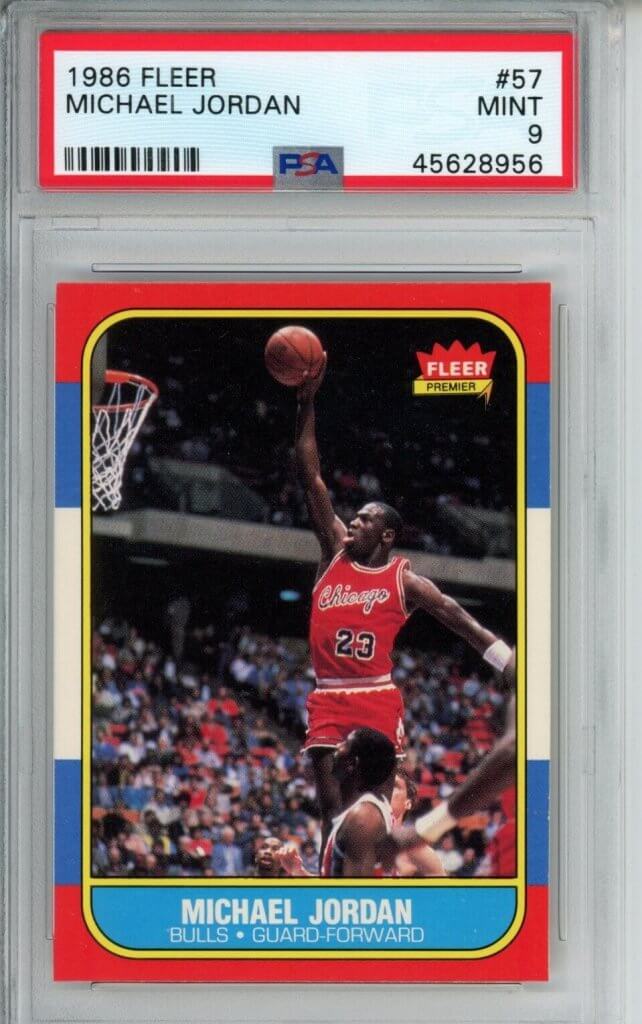
BGS (Beckett Grading Services)
Beckett Grading Services is respected for its detailed grading system, including the detailed sub-grades that provide further insight into a graded card’s quality. www.beckett.com/grading
Pros
- Detailed sub-grades and color coded tags to help differentiate different grading values.
- Offers the Pristine 10 Black Label grades for sports cards in the most perfect condition. Black Label graded card slabs attract the highest valuations.
Cons
- For beginners to grading, the detailed grading scale can be confusing.
- Slow turnaround times.
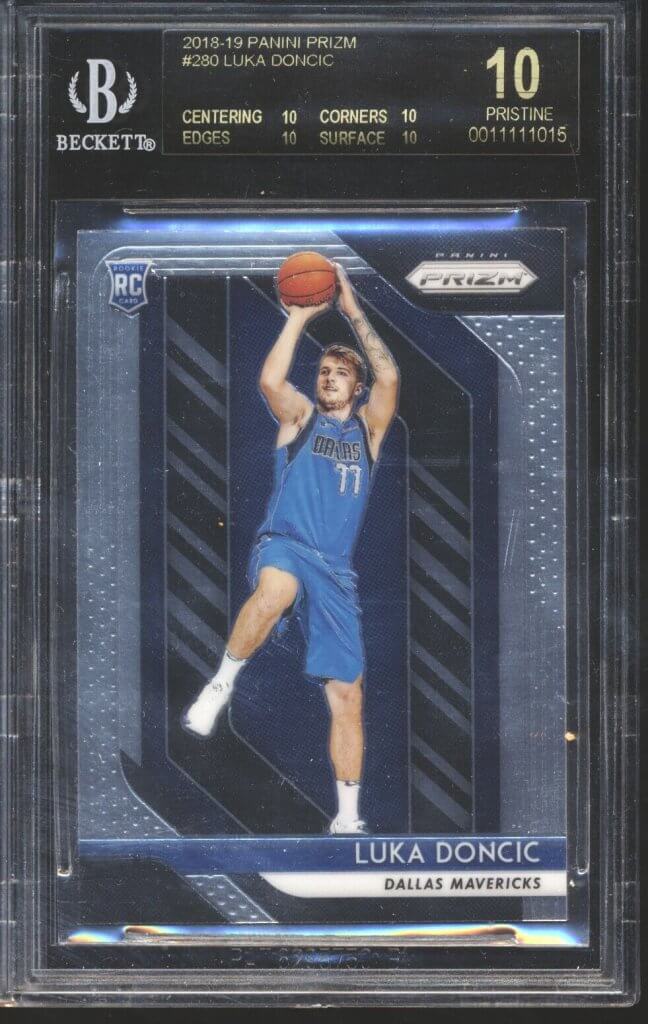
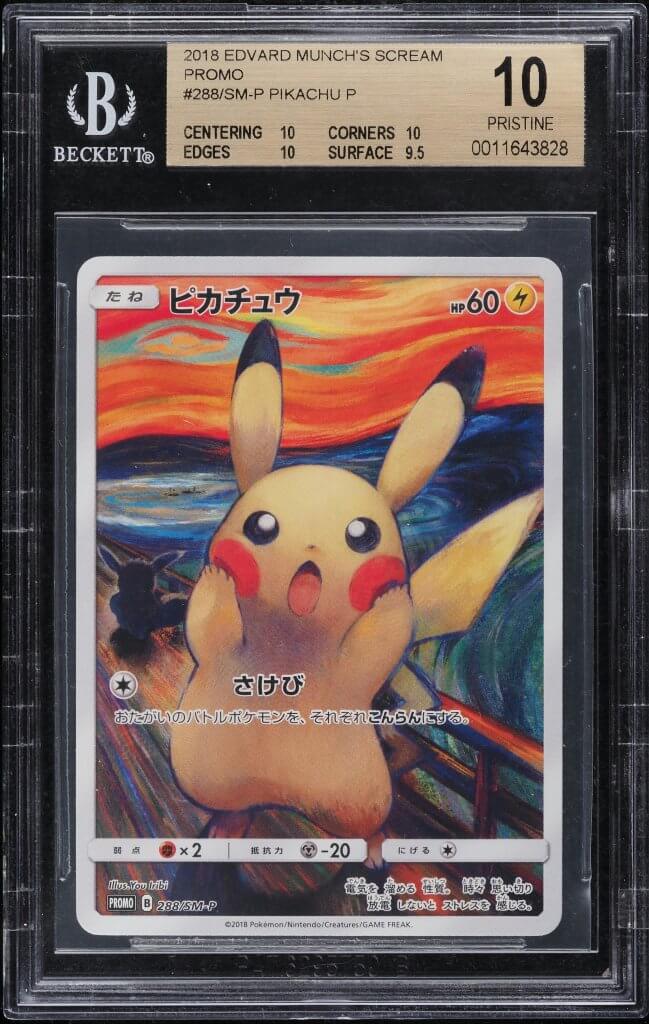
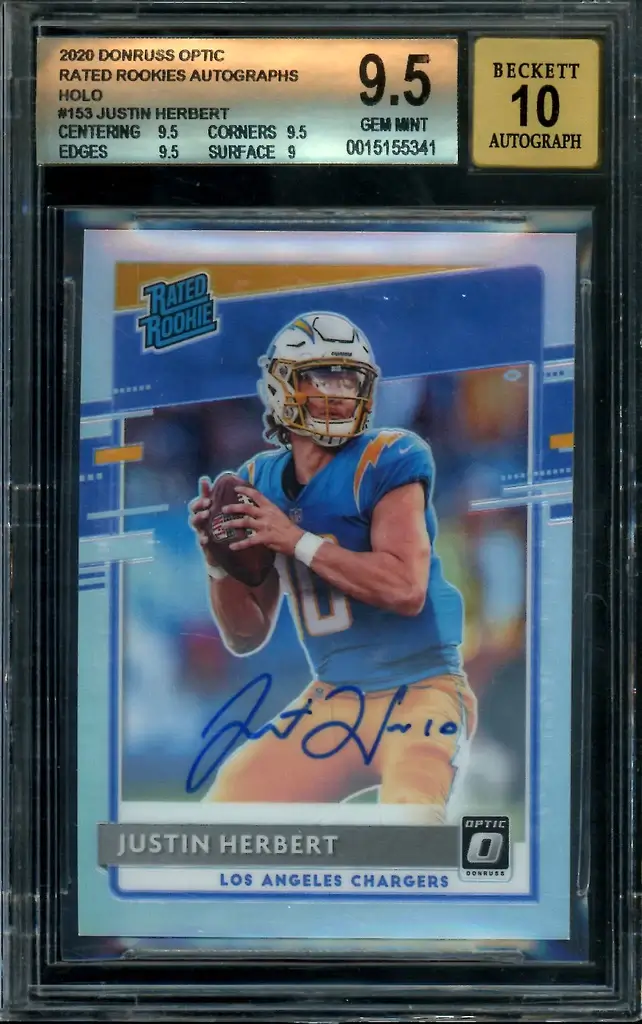
SGC (Sportscard Guaranty Corporation)
Known for their stunning black-and-white tuxedo slab cases, SGC is a fairly recent addition to the card grading company landscape. They are well-respected by vintage card collectors. (And wow, do tobacco-sized vintage cards pop in their slabs!) www.gosgc.com
Pros
- Really attractive black-and-white tuxedo slabs
- Low cost entry-level grading service with fast turn-around times
Cons
- Cards graded by SGC have a lower value added value vs. PSA and BGS.
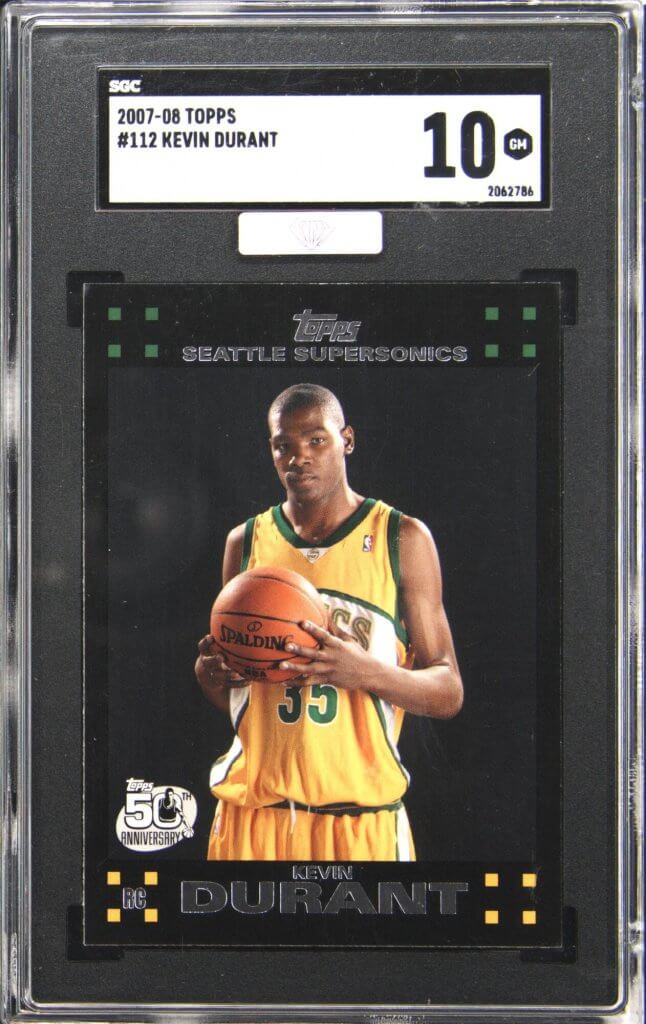
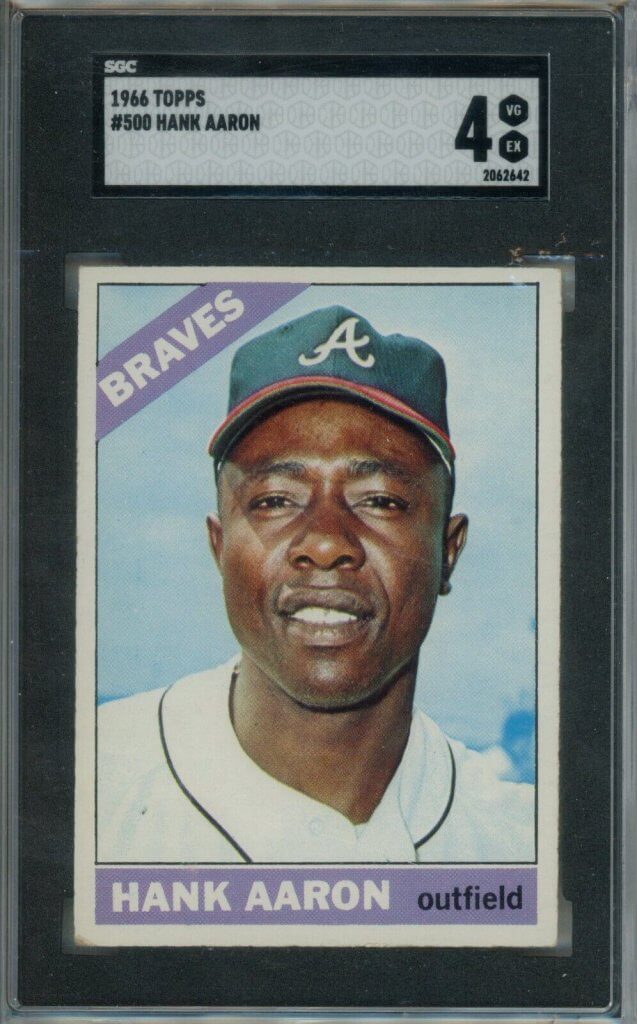
CGC Cards (Certified Guaranty Company)
CGC Cards, a division of the Certified Guaranty Company (CGC), represents the merger of CGC non-sports/gaming and Certified Sports Guaranty (CSG). CGC non-sports/gaming specializes in the expert grading of collectible cards across various categories, including trading card games (TCGs) like Pokémon and Magic: The Gathering. CSG on the other hand is better known for grading sports cards. www.cgccards.com
Pros
- Offer a detailed grading scale that includes not only a Gem Mint 10 but also the chase grade of Pristine 10.
- Known for their tough grading standards. At one point, many in The Hobby considered their grading to be stricter and more accurate than the other companies including PSA.
Cons
- May not yet have the same level of market acceptance or historical prestige as PSA and BGS.
- Similar to SGC, CGS is new to the hobby scene and cards graded by them may be perceived to be of lower value than those graded by competitors
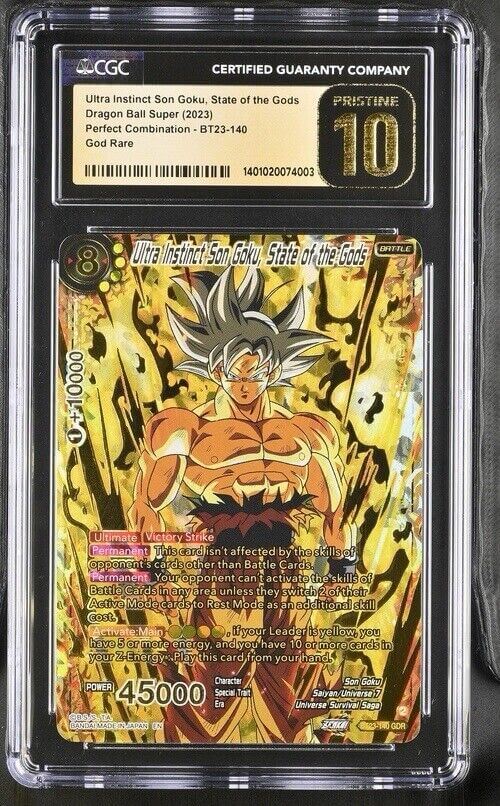
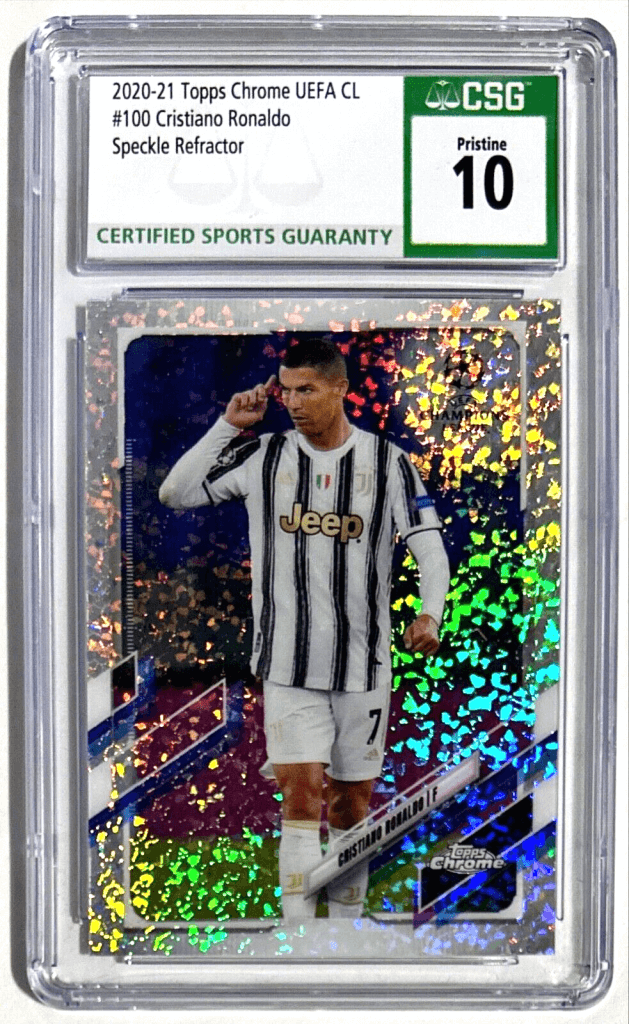
HGA (Hybrid Grading Approach)
HGA represents part of the next wave of grading companies that are relying more on technology during the grading process. They’ve distinguished themselves with custom-designed labels that match the aesthetics of each graded card. hybridgrading.com
Pros
- Offers custom labels that match the card design
- Quick turnaround times
Cons
- Given little respect by the hobby
- Seen more as a protective, decorative slab than an accurate grading.
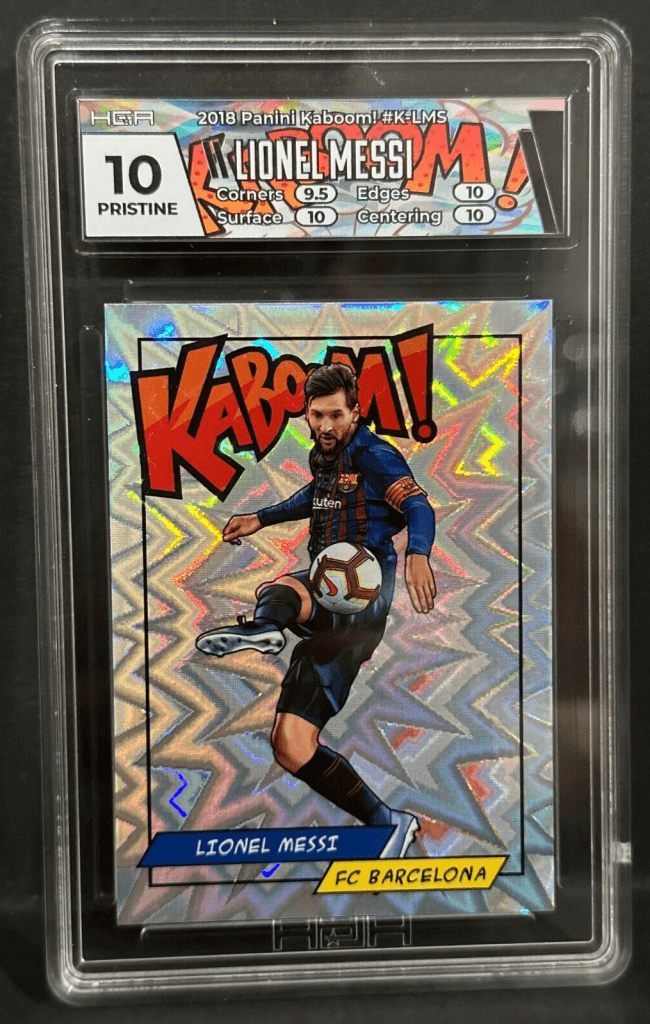
Other card grading companies
- KSA: KSA is a Canadian card grading and autograph authentication company that has been operating since 1996. Since it’s Canadian, it shouldn’t surprise you that the majority of KSA graded slabs you see are for hockey cards. (Website: KSA Certification)
- TAG Grading: TAG Grading is perhaps the most tech-savvy new entrants in the card grading industry. They use what they call “Photometric Stereoscopic Imaging” to achieve high accuracy and with the goal of introducing objectivity into the card grading process. (Website: TAG Grading)
- Rare Edition: Rare Edition differentiates itself by introducing much more transparency and security in the grading process. For example, each card comes with a comprehensive grading report produced which shows exactly what the Rare Edition graders saw when they assessed your card. (Website: Rare Edition)
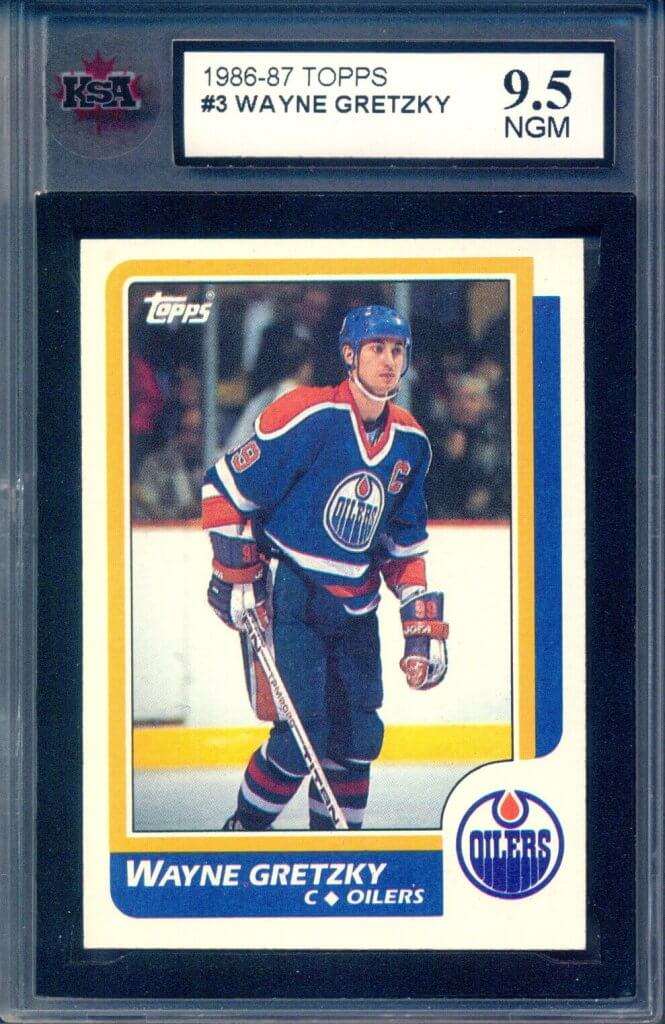
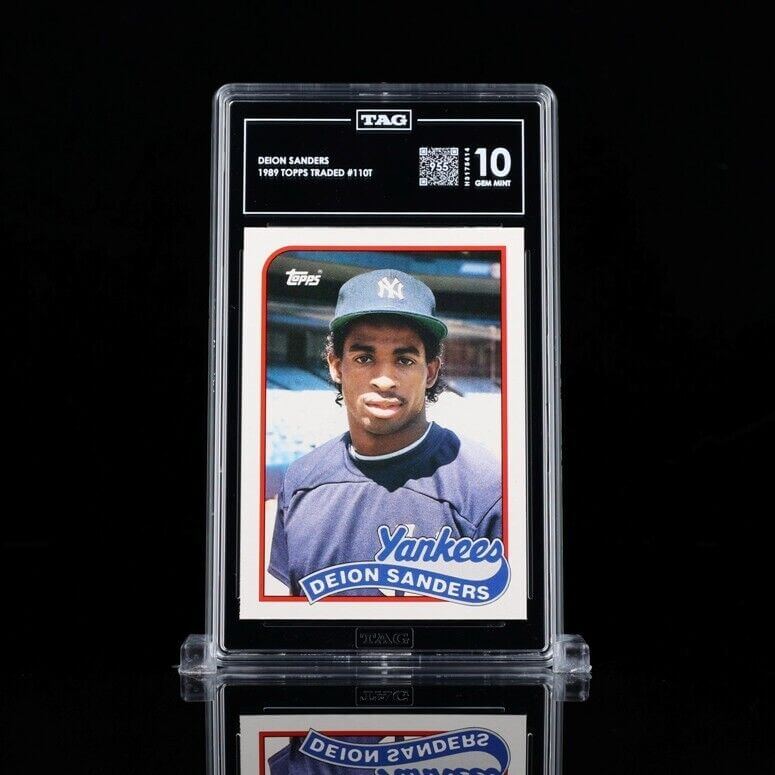
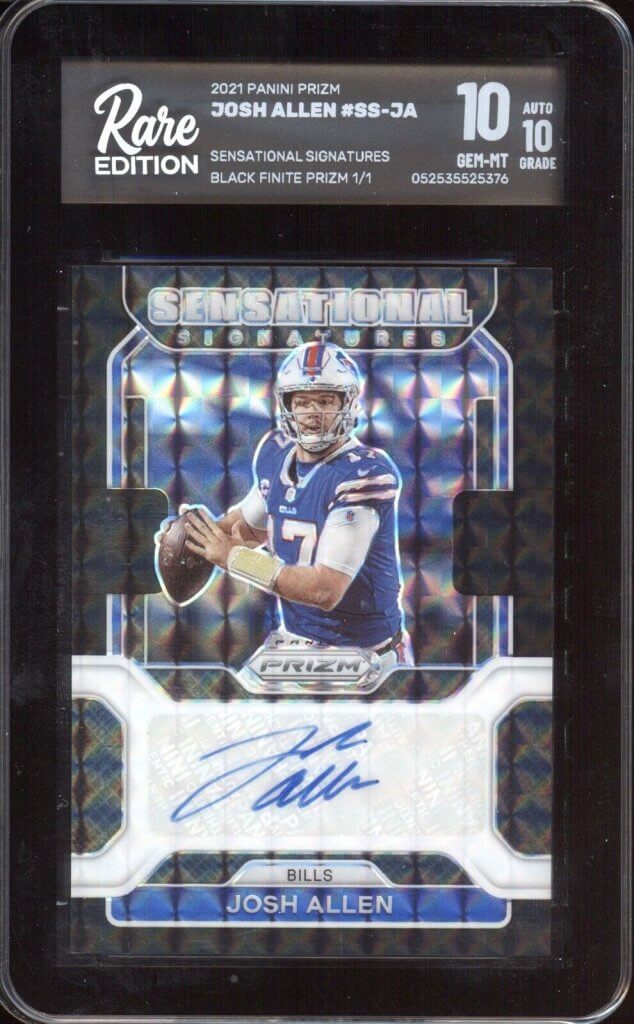
Well, there you have it. Our comprehensive guide to the top card grading companies available to you for grading your sports trading cards. Let us know what you think in the comments!
